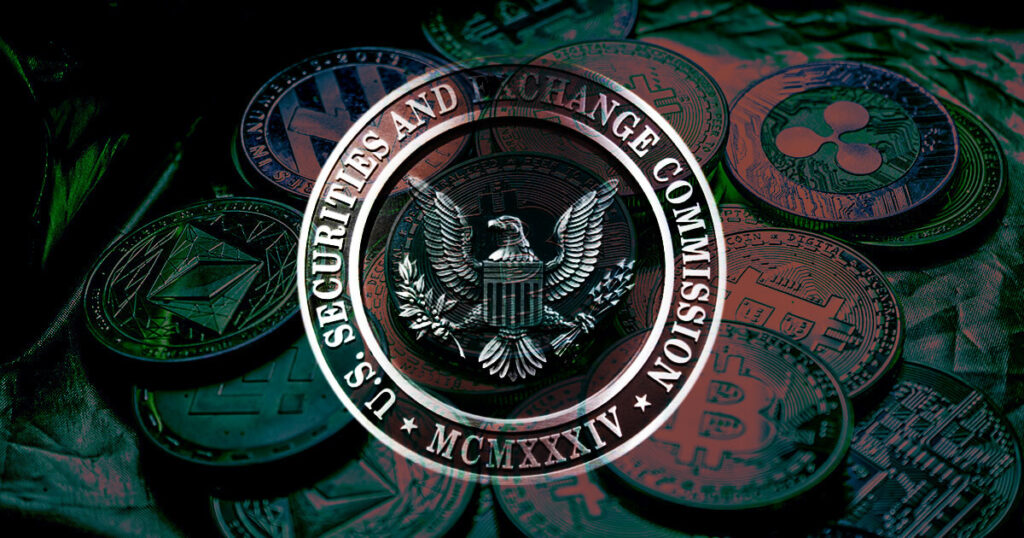The U.S. Senate Banking Committee is set to make a crucial decision on Dec 11 regarding the renomination of Caroline Crenshaw, a Democrat Securities and Exchange Commission (SEC) commissioner. Crenshaw, who has been a vocal critic of cryptocurrencies, particularly Bitcoin exchange-traded funds (ETFs), has sparked controversy within the crypto community.
Crenshaw’s staunch opposition to the approval of spot Bitcoin ETFs in January, along with her concerns about investor protection, has drawn criticism from industry leaders. Coinbase COO Emilie Choi described Crenshaw as “anti-crypto” and expressed disappointment in her stance on crypto regulation.
According to Bloomberg ETF analyst James Seyffart, Crenshaw’s anti-crypto sentiment surpasses even that of SEC chair Gary Gensler, who has faced criticism from the community. The possibility of Crenshaw retaining her position at the SEC until 2029 has caused frustration among crypto advocates, who fear her influence on regulatory decisions.
The upcoming Senate vote on Crenshaw’s renomination has prompted concerns within the crypto industry. Some believe that her confirmation would hinder progress in crypto regulation, while others see it as an opportunity for change. With President-elect Donald Trump potentially nominating a replacement if Crenshaw is not confirmed, the future of crypto regulation remains uncertain.
In a surprising turn of events, Trump recently appointed Paul Atkins, a former SEC commissioner known for his pro-crypto stance, as the next SEC chief. Atkins’ nomination has been well-received by the crypto community, as he is expected to take a more lenient approach to regulating crypto than Gensler. His focus on free-market principles and investor protection has instilled confidence in industry leaders.
The appointment of Atkins is seen as a positive development for the crypto industry, with Coinbase chief legal officer Paul Grewal praising the decision. As the Senate Banking Committee prepares to make a decision on Crenshaw’s renomination, the future of crypto regulation hangs in the balance. It remains to be seen how these developments will shape the regulatory landscape for cryptocurrencies in the coming years.

